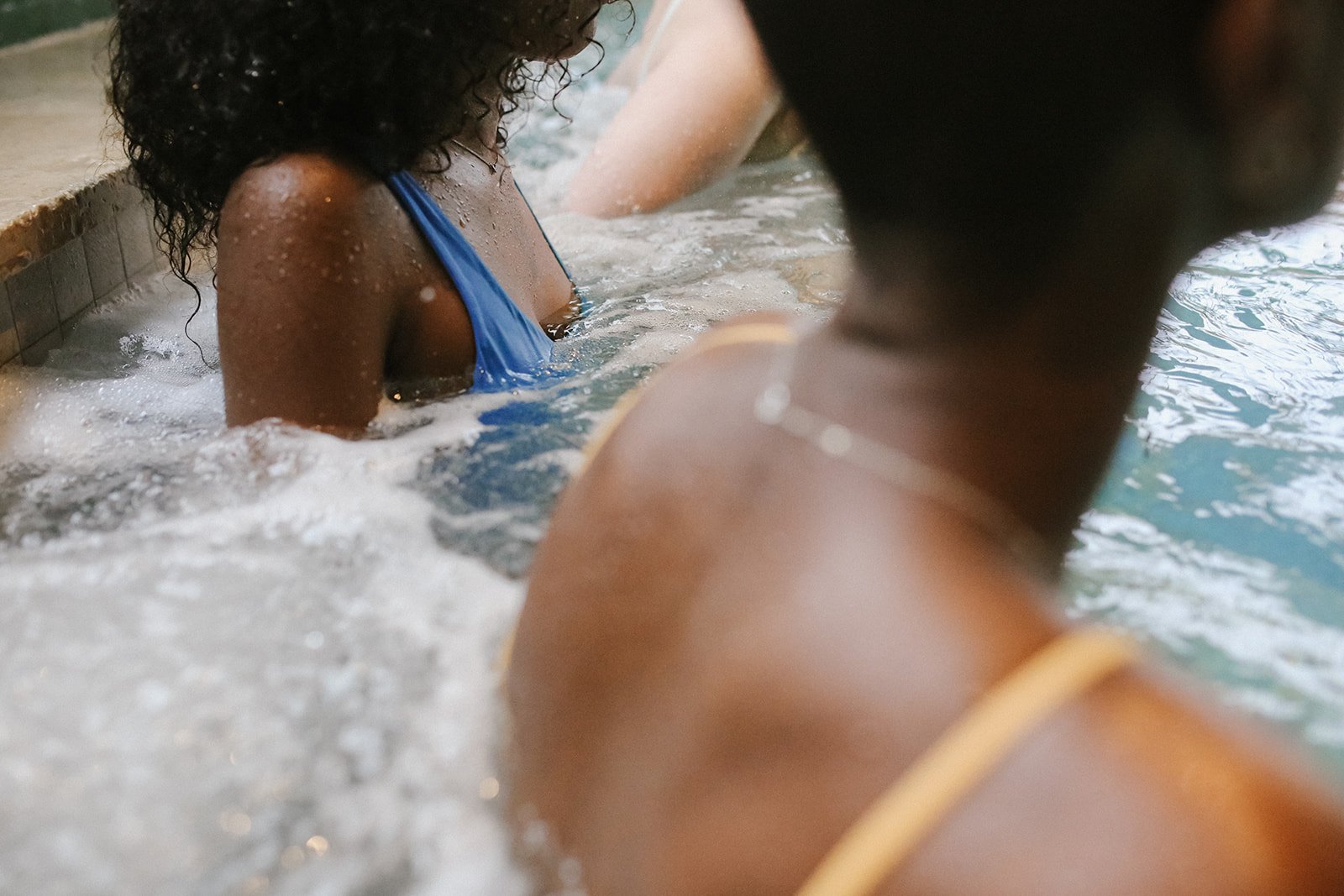The many different kinds of spontaneity
‘Spontaneity is a meticulously prepared art’, wrote the English playwright Oscar Wilde. While this might seem at first like a paradox, if we think about spontaneity in our lives, there is a sense that it comes with a certain way of being in the world, and a certain way of thinking about time. This, perhaps, does have an element of preparation as well as art, in that we can cultivate a sense of responding to instinct, and reimagining what we define as a successful use of our time.
The calendar, schedule and to-do list are not really avoidable for most of us, and they certainly have their place in our working lives, yet they are not the only way to perceive time and value. In an article in The Marginalian, Maria Popova considers a book about time, being and spontaneity, Felt Time by Marc Wittmann. She quotes Wittmann’s observations on the fast-paced, busy nature of our lives nowadays, particularly mediated by a constant connection to technology: ‘If one has no time, one has also lost oneself. Distracted by the obligations of everyday activities, we are no longer aware of ourselves.’ But we can find ways to make our time feel more like ours, and less circumscribed. ‘In order to feel that one’s life is flowing more slowly - and fully - one might seek out new situations…to have novel experiences.’ Maybe this involves a choice to do something with spontaneity.
Often the words ‘be spontaneous’ are associated with sudden, grand gestures or decisions, or actions that have a particular, measurable outcome. Yet the definition of ‘spontaneous’ is simply something unforced, voluntary, even natural or uninhibited.
When we look at it in this way, there are a multitude of ways that it can be part of our everyday lives. While time and schedules help us make sense of the world, they are also things we have constructed; we put meaning into time, we imbue it with value. Sometimes we put off things we enjoy doing, or even taking care of ourselves, because we don’t see our time as worthy of these until we’ve done the other tasks we need to do. But, we can risk never or rarely getting around to those important acts of care and enjoyment if we don’t give them enough value. Letting those things be spontaneous, natural interruptions to our schedules, and seeing them as a good use of time, is a common struggle in our busy lives.
Perhaps we can see spontaneity as not only the great and grand (which are of course necessary too; excitement and change bring depth and colour to our lives), but also the simpler things. Rather than perpetually doing, to be spontaneous might be to not do: to call it and say when we need a night in, or we don’t feel like that busy weekend brunch. It might be a morning fresh air walk at a time you never normally go out. It may be a decision to cook and eat at home, with some time off the screen. And even, perhaps, just no plans at all: we are so rarely bored nowadays, unlike many of us who had childhoods of weekends that felt endless, days where there seemed just too much time, but which enabled our imaginations to thrive. Recapturing that time’s essence and allowing a little bit of nothing in our day might just be the most spontaneous act of all.
Words by Katherine Brabon


